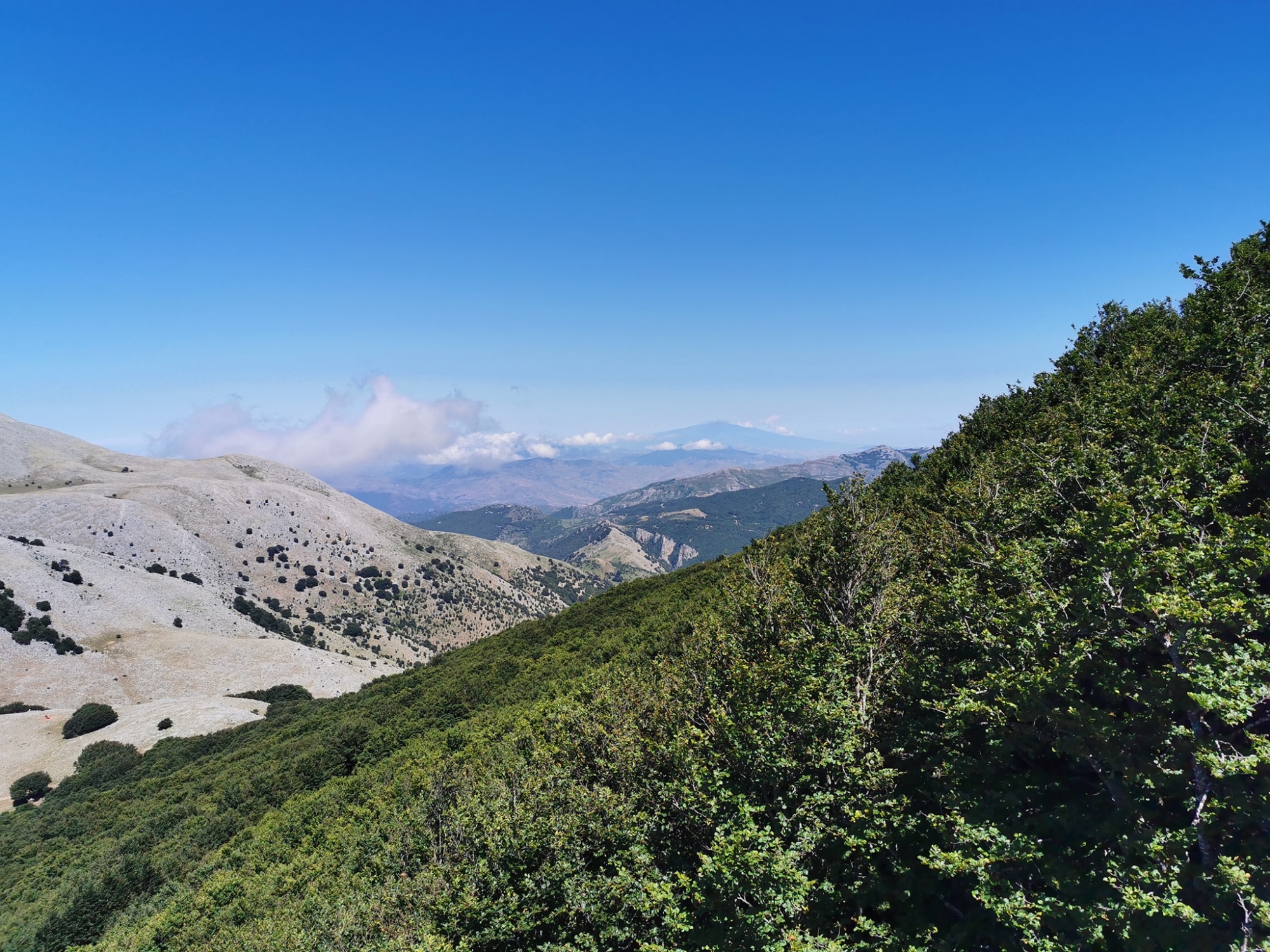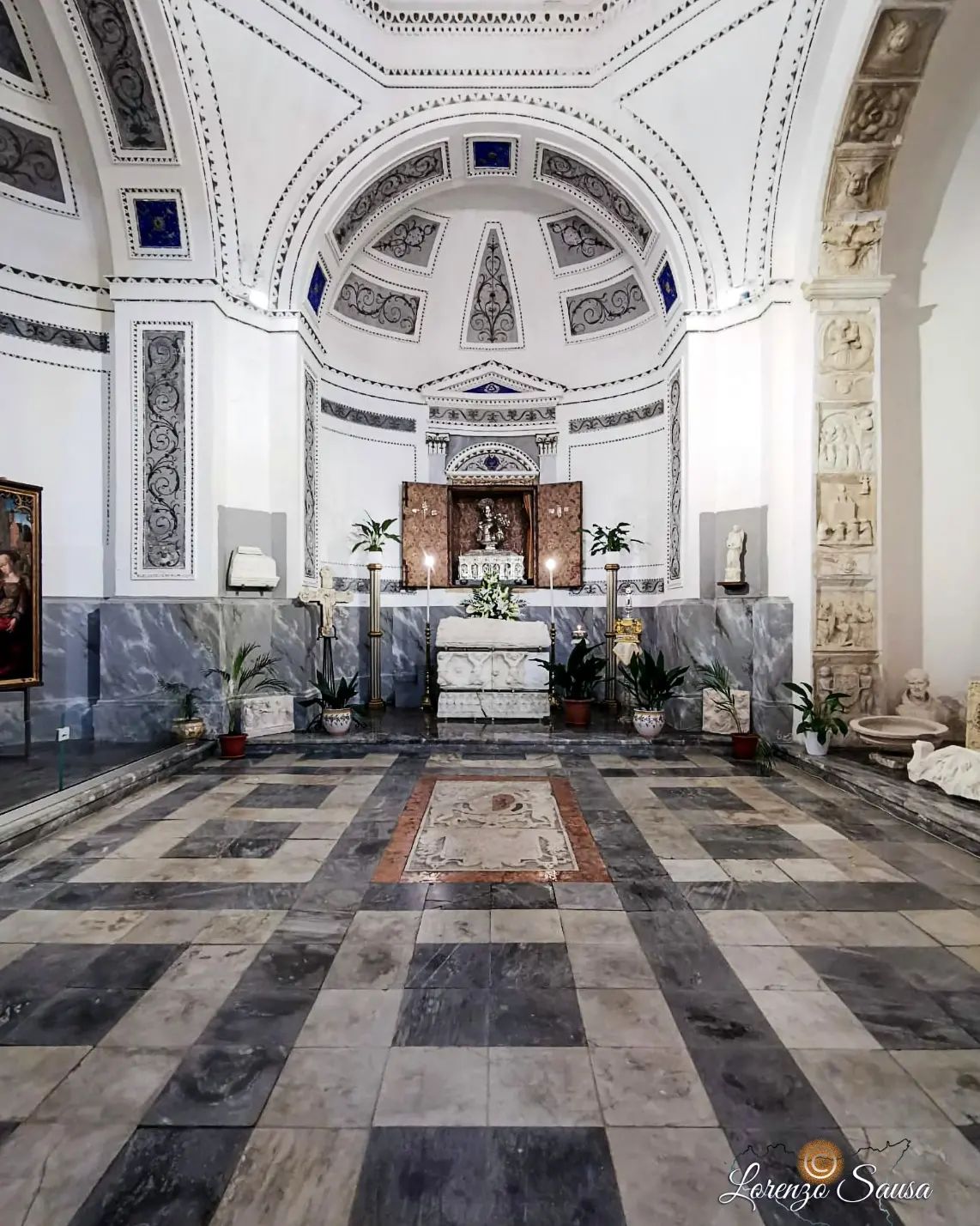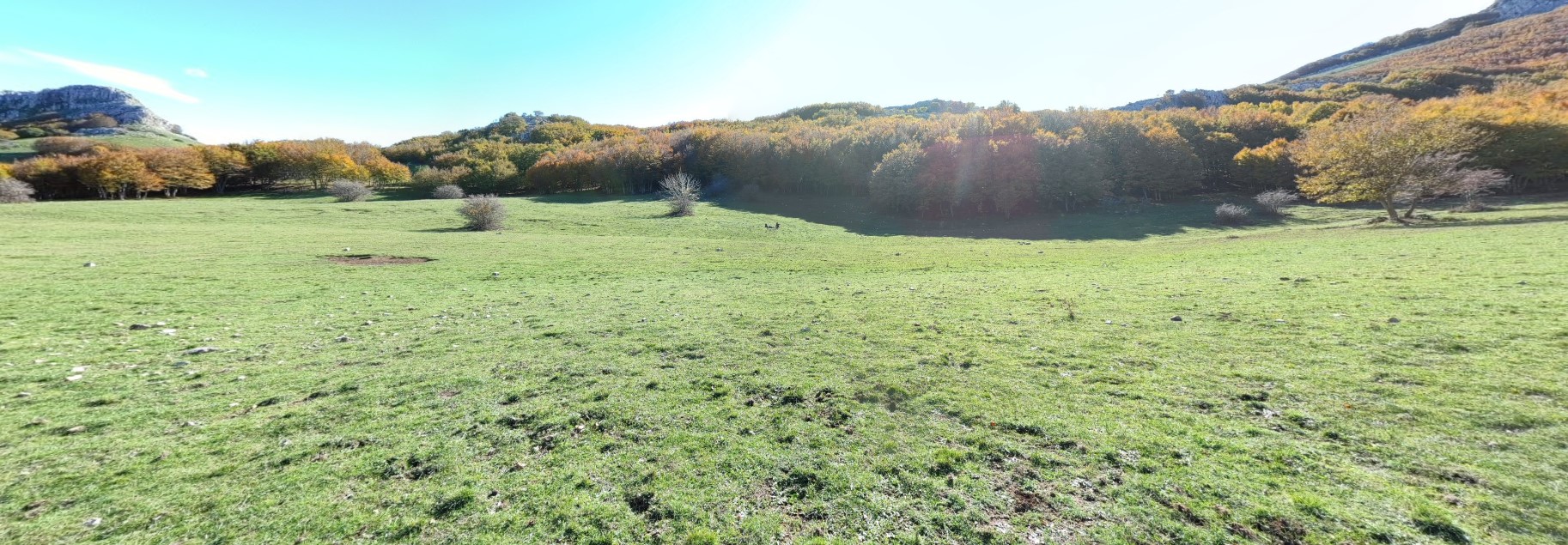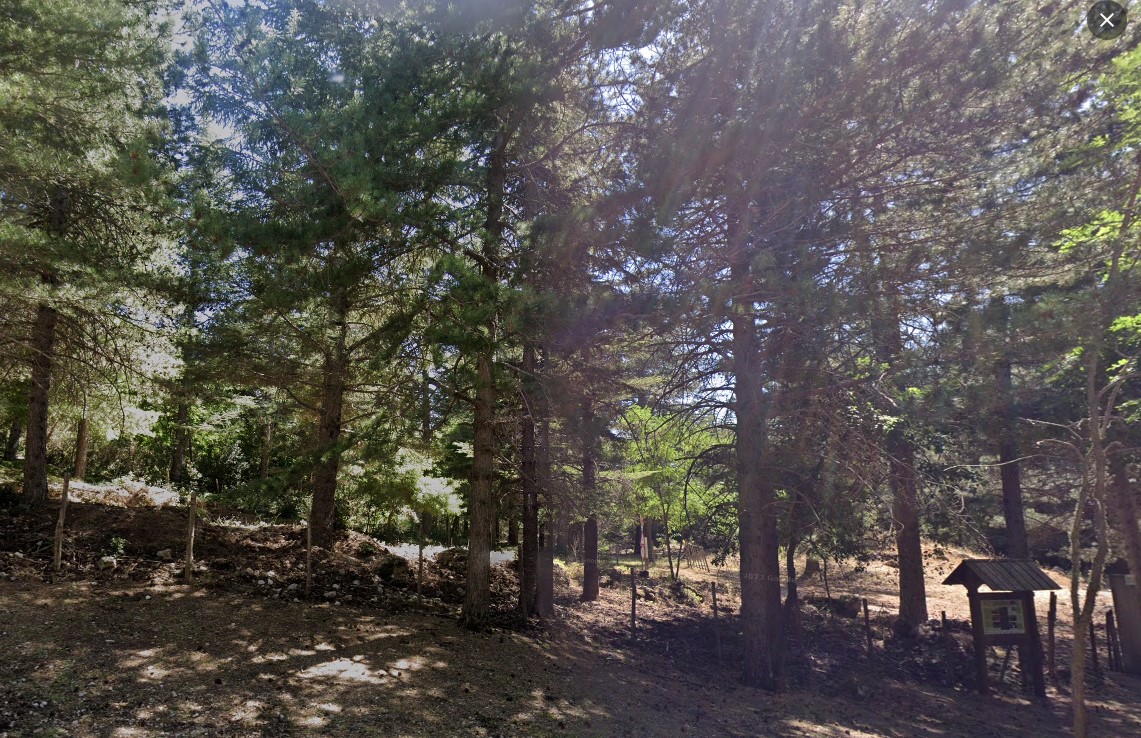"The huge Madonie mountains, ruddy and stark, rose before us. There was the Panhandle, the wide gash crossing the mountain, dotted here and there with scrawny oleanders, which gradually shrank and were lost.[…]" G.A. Borgese, Re Cuono, in “Medusa”, No. 6, Florence, 9 March 1902
PANORAMIC STOP
BORGESE GENIUS LOCI
"[...] My mother, my sister, my elders were in a village called Polizzi, in the Sicilian mountains. Perhaps it was during those days (July 1908, ed.) that they left the windy house, on the mountain spur, and went to spend their holidays in the wooded countryside, where the streams coo like pigeons and the fruit hangs from the branches almost down to the ground and they all smell of honey [...]".
G.A. Borgese, Viaggio Ispirato, unpublished manuscript, Fondo Borgese presso Biblioteca Umanistica dell’Università agli Studi di Firenze
FINAL STOP IN THE VALLEY
BORGESE GENIUS LOCI
"- How I would like to lie supine on the ground in this radiance", I said in a half-voice. I thought of the feeling I had at other times in the afternoon hour, when, heavy with fatigue and boredom, lying on the arid and long-harvested earth, I saw the sky so high above, and everything seemed infinitely distant, except a cicada's song, a monotonous and ardent hymn to the light, a long hexameter poem that seemed to vibrate within me and invaded, like a river of sound, everything around me [...]".
G.A. Borgese, Re Cuono, in “Medusa”, No. 6, Florence, 9 March 1902
ARRIVAL
BORGESE GENIUS LOCI
"The Manico della padella was lost in the purple vapours of the sunset: now everything was bathed in light: the sea, the mountains, the olive groves, the furthest curves of the river, and the west was a vast, motionless flame. It was already shadowy below, and, as the faint curve of the moon fell away from the blue, the evening fires were lit here and there near the huts and rustic cottages, greeted by the mutual barking of dogs, and broad, thick streaks of smoke rose in the still air and floated slowly like shadows of dreams and idle desires".
G.A. Borgese, Re Cuono, in “Medusa”, No. 6, Florence, 9 March 1902




